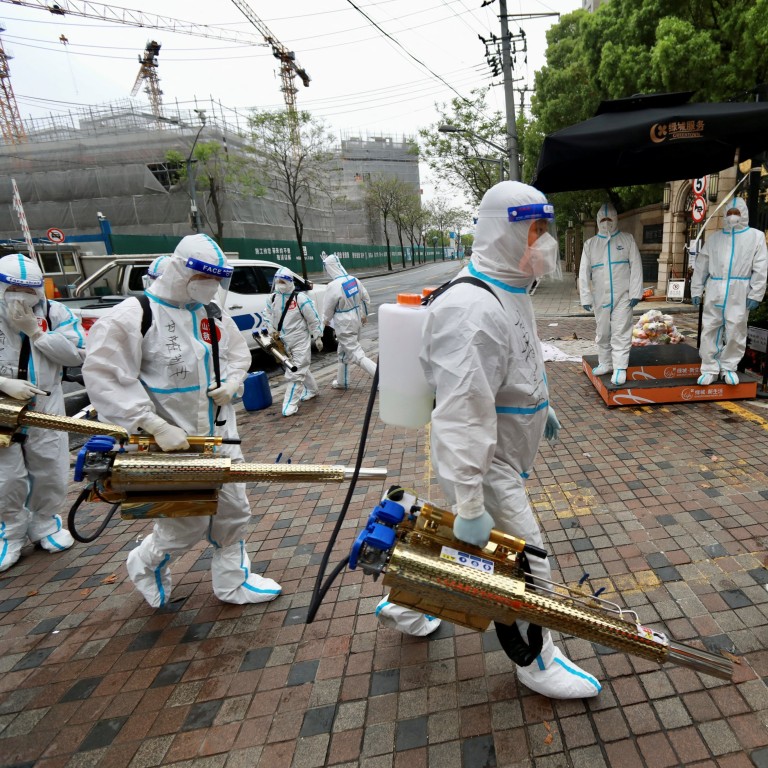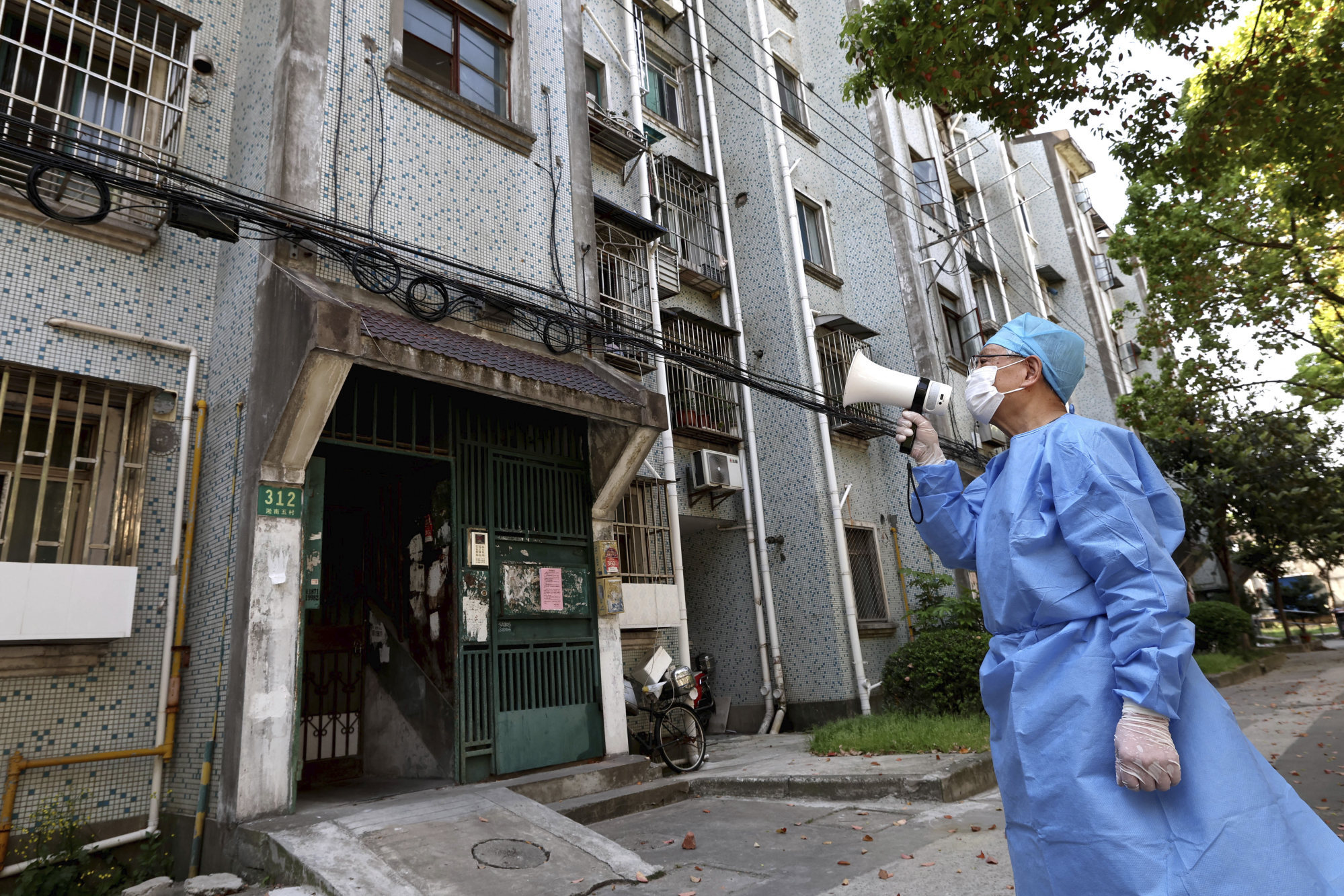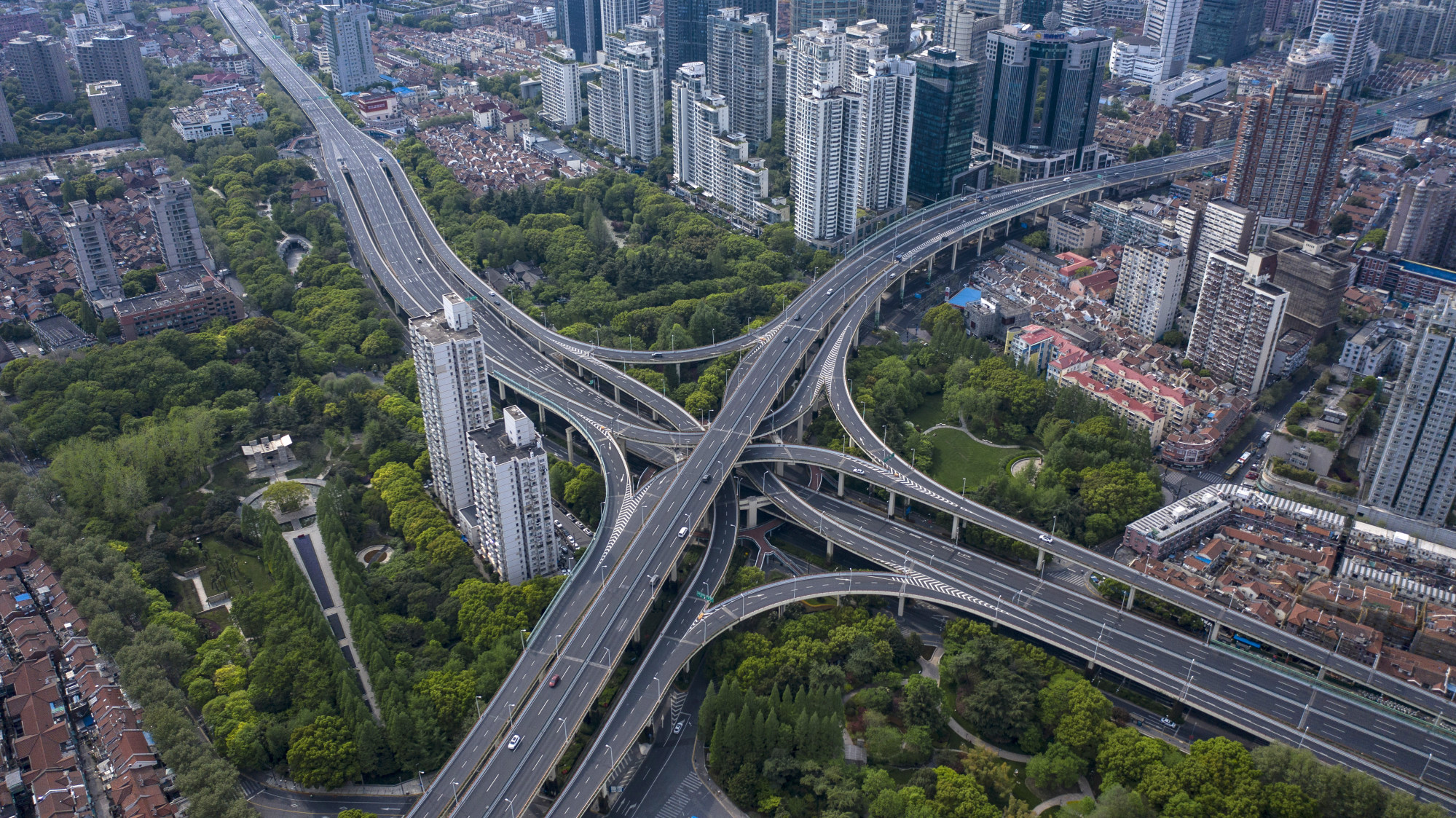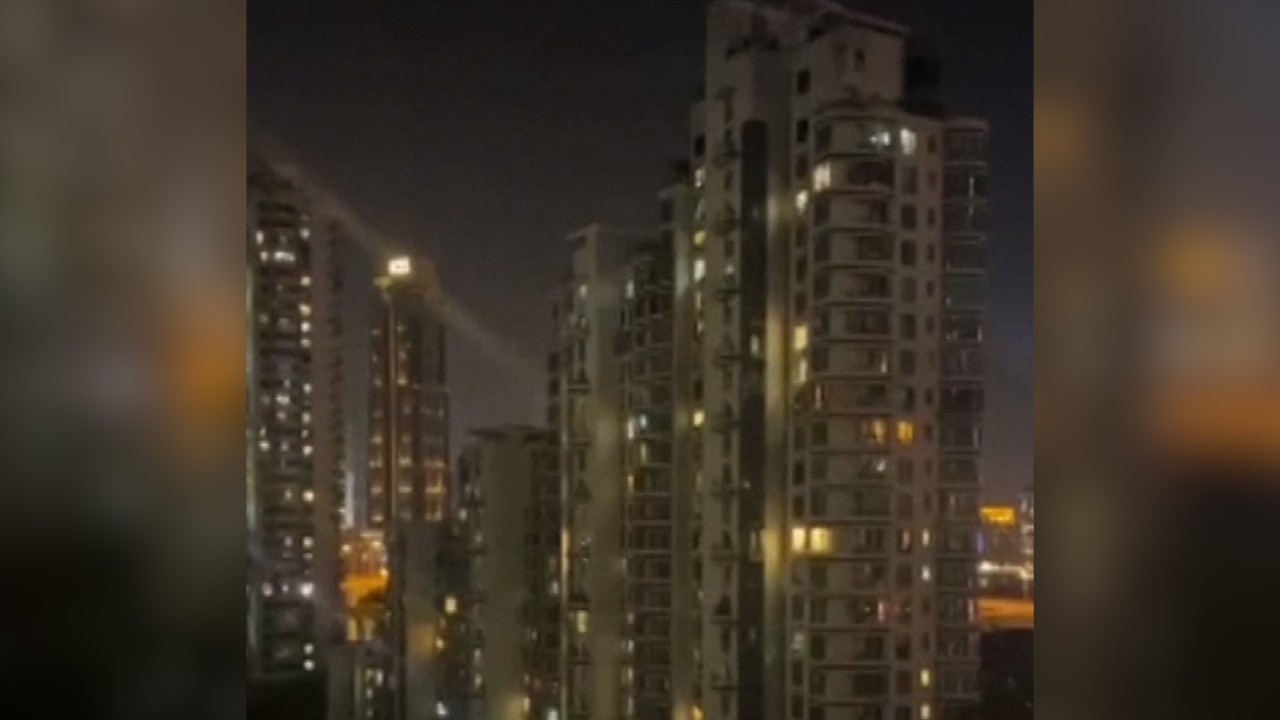
Coronavirus: Shanghai’s symptomatic cases jump to a record 2,573, showing why Xi is doubling down on his zero-tolerance battle with Covid-19
- Shanghai’s total cases soared to 27,719, rewriting the daily record for the 12th time in 13 days, according to data released on Thursday
- The latest tally raised the total infections in the city of 25 million residents to 280,000, with 12,000 of them displaying symptoms of the Covid-19 disease
Shanghai’s total cases soared to 27,719, rewriting the daily record for the 12th time in 13 days, according to data released on Thursday by the local health commission. The latest tally raised the total infections in the city of 25 million residents to 280,000, with 12,000 of them displaying symptoms of the Covid-19 disease.
Nine cases were classified as “severe,” an unprecedented level since the highly transmissible Omicron variant broke out in the city on March 1. No one has died yet from the disease in the current outbreak.
The health condition of the nine severe cases “will be closely monitored,” the Shanghai health commission’s official Wu Qianyu said during an online briefing, adding that the medical staff “will make all-out efforts to treat every patient.”

All nine of the most severe cases, comprising elderly residents aged from 70 to 93 years, suffer from underlying health ailments such as cancer, cardiovascular and cerebrovascular diseases, Wu said.
Shanghai’s latest data, collected over 24 hours on Wednesday, underscored why Vice-Premier Sun Chunlan has kept China’s financial and commercial centre under a citywide lockdown since April 5. Sun, who has been overseeing Shanghai’s anti-pandemic work for more than a week, instructed all Covid-19 carriers to be transferred to quarantine sites to stop the spread of the virus.
Voices from the ground: SCMP’s journalists under lockdown in Shanghai
The disease is mainly spreading among family members who are cloistered in close quarters, said Wu Huanyu, a deputy director of the Shanghai Center for Disease Control and Prevention (CDC), in an “intra-family” transmission chain that has defied the city’s lockdowns.
“Transmissions within households are currently the main cause of the sporadic spread of the Omicron variant in Shanghai,” he said, adding that contaminated food deliveries have exacerbated the infections.
China’s nationwide cases increased to 29,317, mostly centred around Shanghai, according to the data released on Thursday. Guangdong province in southern China added 68 cases, 47 of which showed symptoms. Jilin province in northeastern China, near the border with North Korea, added 999 infections.

“Prevention and control work cannot be relaxed,” President Xi said on Wednesday during his visit to Hainan island in southern China, reaffirming the government’s zero-tolerance approach to the public health crisis, according to state news agency Xinhua.
“Virus control measures must be strictly implemented” in strict adherence with science, the president said, adding that the antivirus campaign must minimise economic and social impact. “We will win the battle against the virus if we can keep up.”
Shanghai, the new epicentre of China’s latest coronavirus outbreak, went into a citywide lockdown on April 5, reversing an earlier plan for a two-phase quarantine for both sides of the Huangpu River – Pudong and Puxi – which was supposed to end that day.
‘Just in time’ morphs into ‘just in case’ as Covid-19 cuts supply chains
On Thursday, residents living in “lockdown areas” – residential compounds with at least one infection over the past seven days – are required to undergo a fresh round of nucleic acid tests. At least seven rounds of citywide mass testing have been conducted since April 3.
The cases from the latest outbreak surpassed the sum of Shanghai’s infections in the two years since Covid-19 was first reported, tarnishing the city’s previous success at keeping the disease at bay.
Covid-19 lockdowns wreak logistics havoc in China
The lockdown confined all residents to their homes. Banks, factories, the local stock exchange, the airports and seaports that have kept operating to keep the very heart of China’s economy beating are functioning in “closed loops”, where workers are required to sleep on-site to ensure zero contact with outsiders.
Since most workplaces are unable to accommodate every employee, factories and transport hubs have had to operate at reduced capacity. The effects are spilling over to the surrounding provinces of Jiangsu, Zhejiang and Anhui, crippling one of the world’s most vital supply chains.
Nio, with a factory in the Anhui provincial capital of Hefei, said last week it has halted its assembly of electric cars, as its supply of components had been disrupted in Jiangsu, Shanghai and Jilin province in northeastern China.


